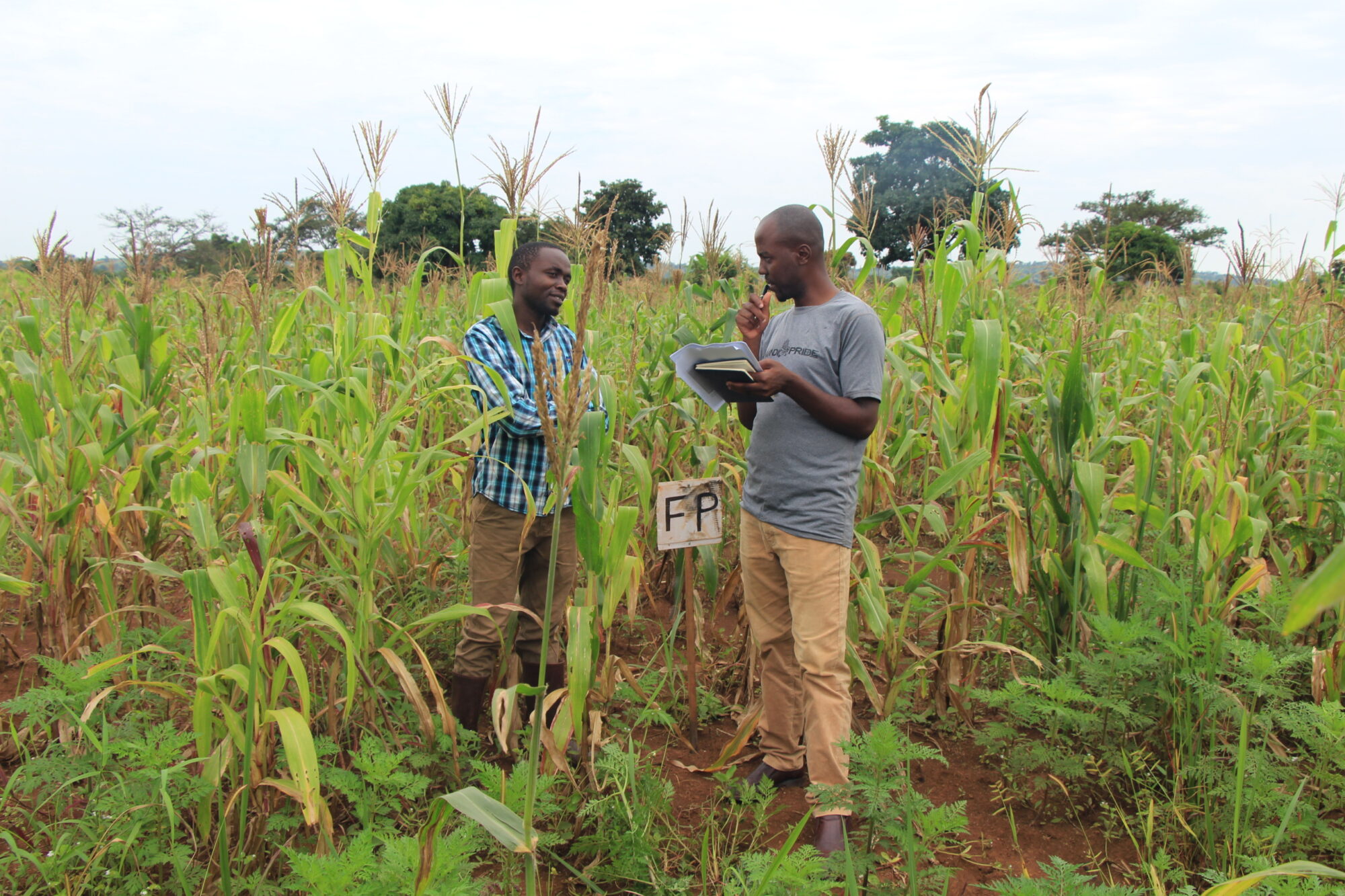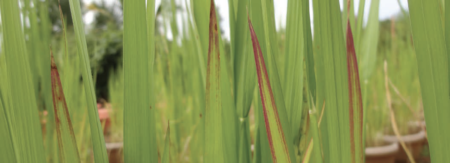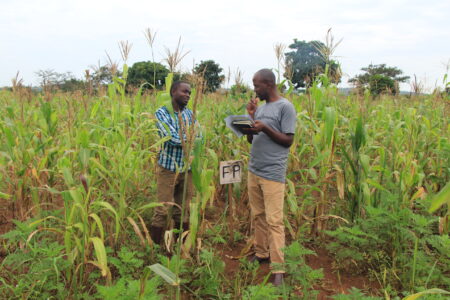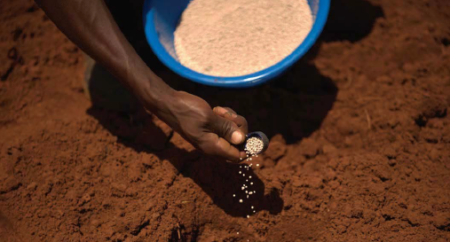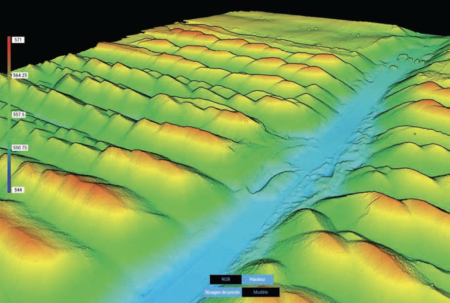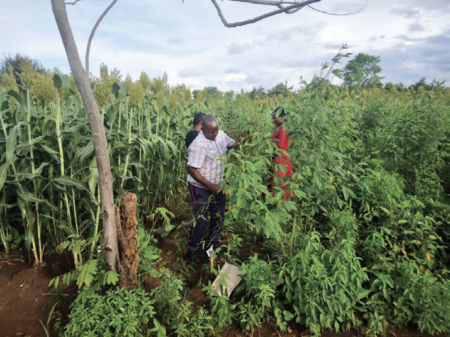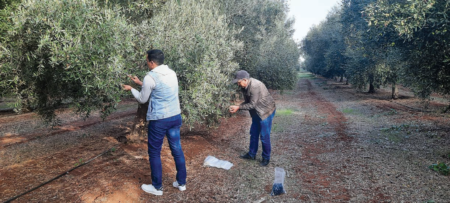Home
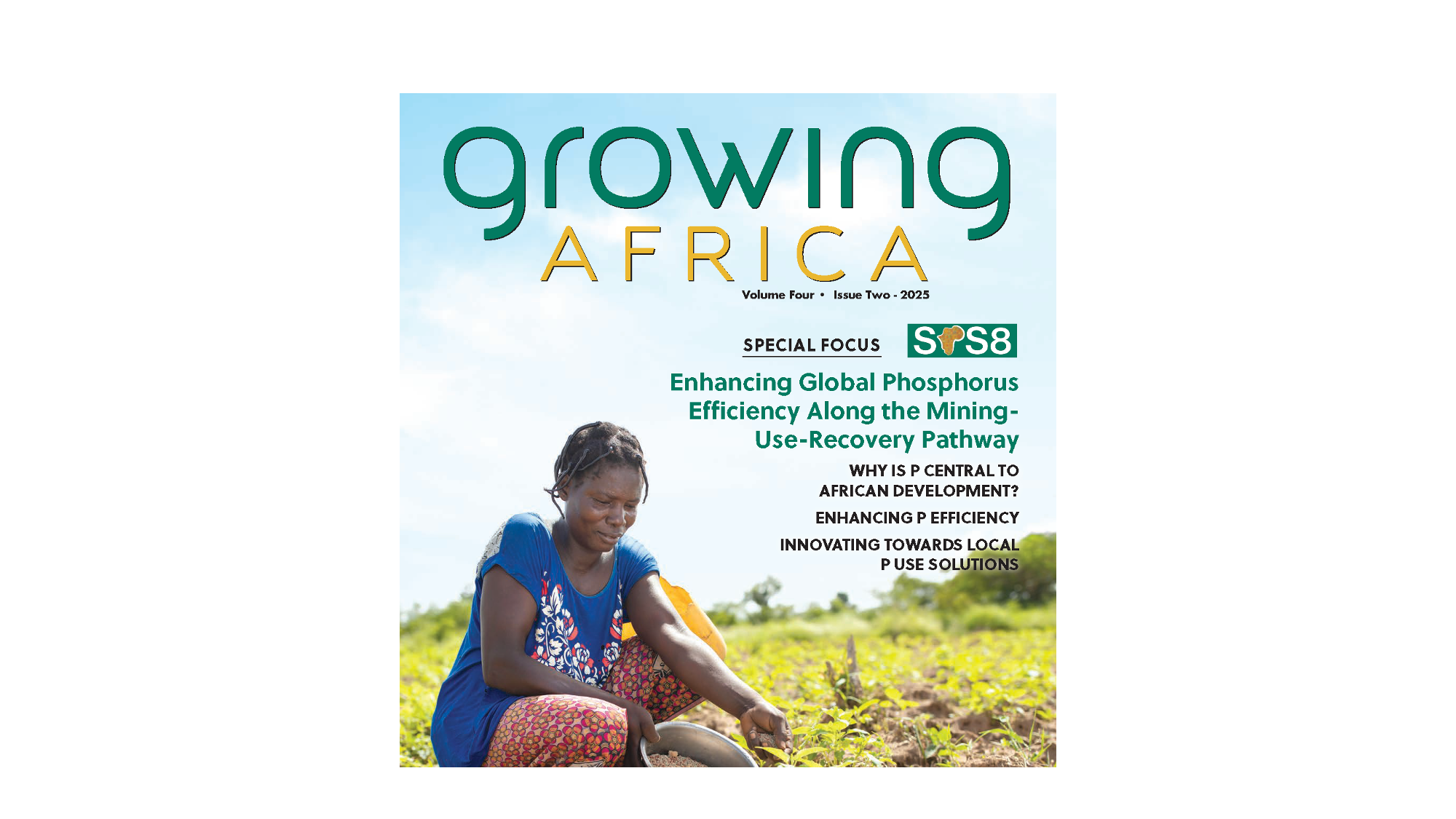
Our Current Issue
This edition features insights from APNI’s session “Enhancing Global Phosphorus Efficiency along the Mining–Use–Recovery Pathway” at the 8th Sustainable Phosphorus Summit (SPS8) in Accra, Ghana.
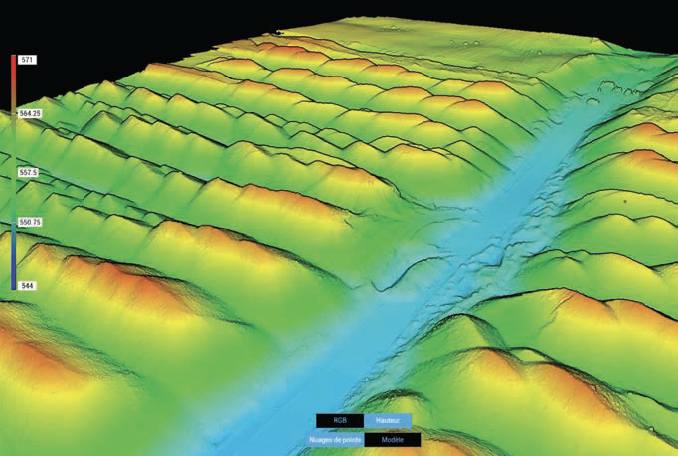
Enhancing Global Phosphorus Efficiency Along the Mining–Use–Recovery Pathway
By Yassine Taha and Mostafa Benzaazoua
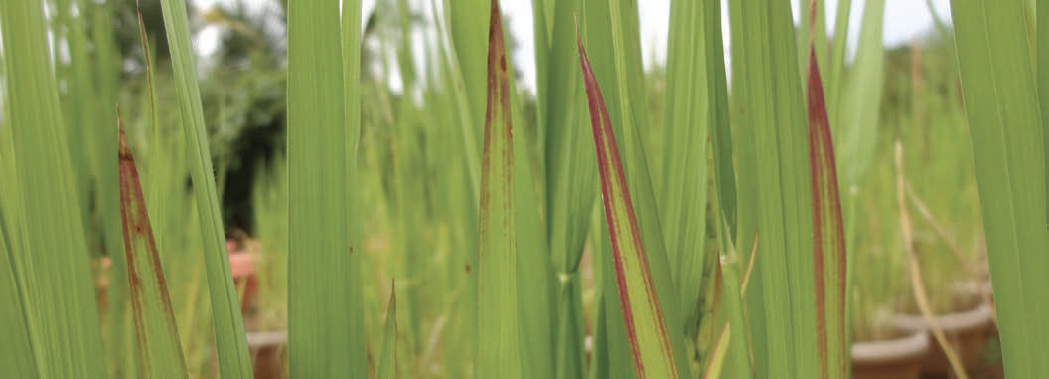
Managing Phosphorus for Profitable and Sustainable Crop Production in Africa
By Robert Mikkelsen
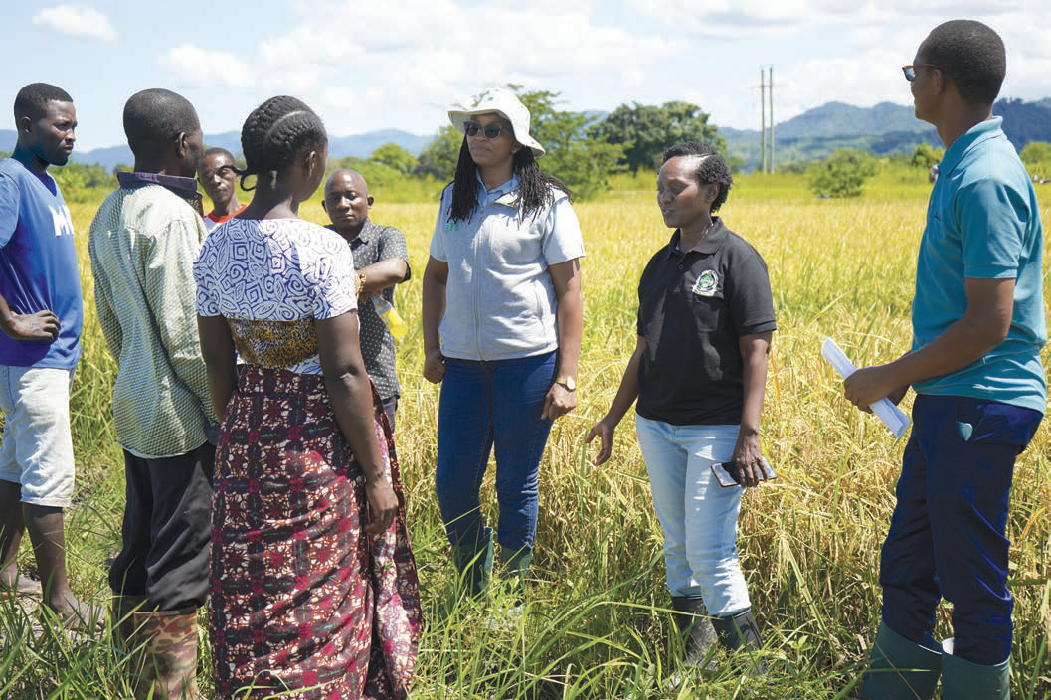
Zinc Fertilization Strategies for Enhanced Rice Production in Tanzania
By Damiano Kwaslema, Tindwa Hamisi, Deodatus Kiriba, James Mutegi, Esther Mugi-Ngenga, and Nyambilila Amuri
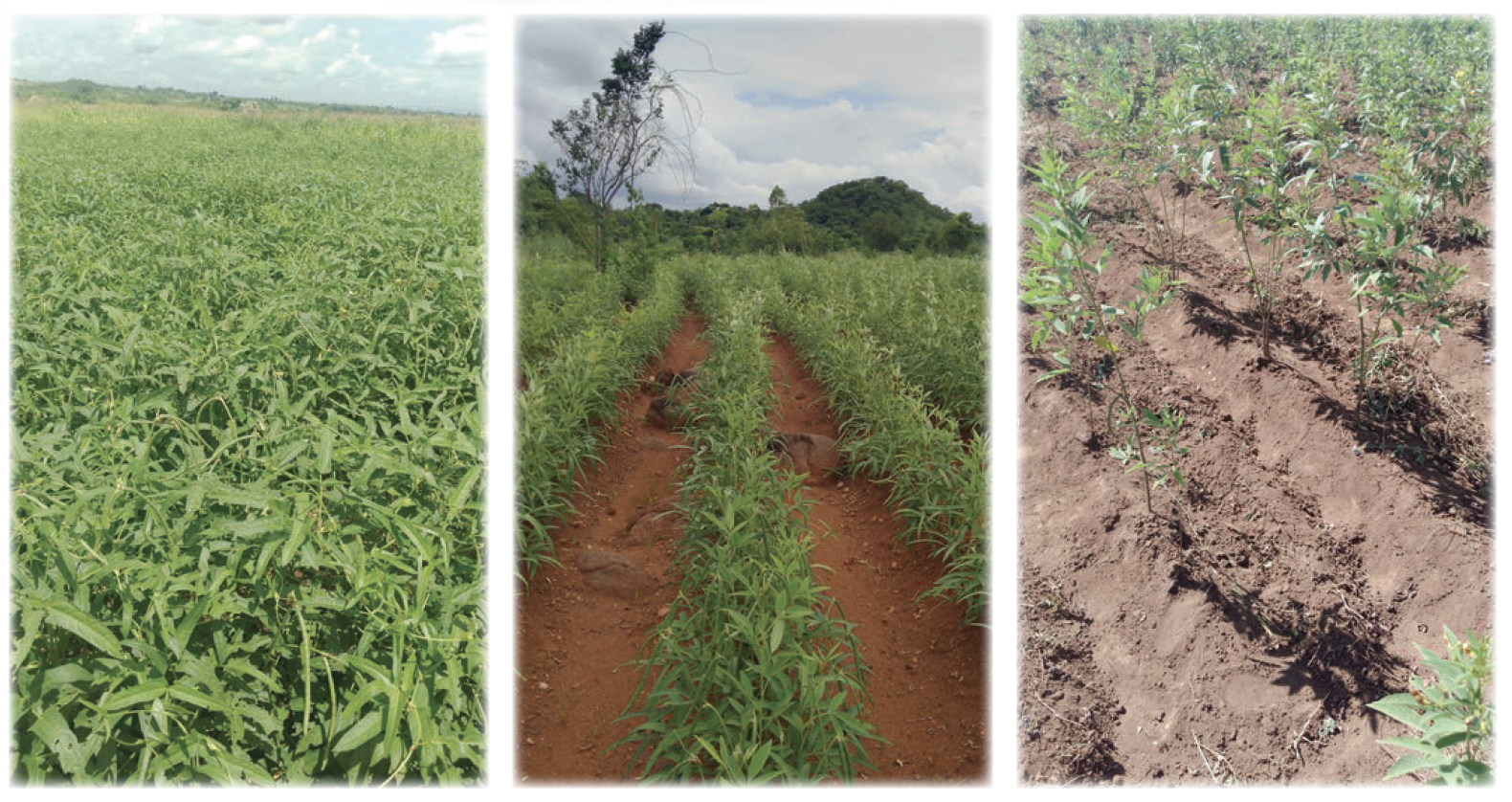
Short-term Effects of Legume-based Cropping Systems and Residue Management on Soil Fertility in Malawi
By Peter Mbogo Mfune, Joseph Chimungu, Keston Njira, Patson Nalivata, and Austin T. Phiri
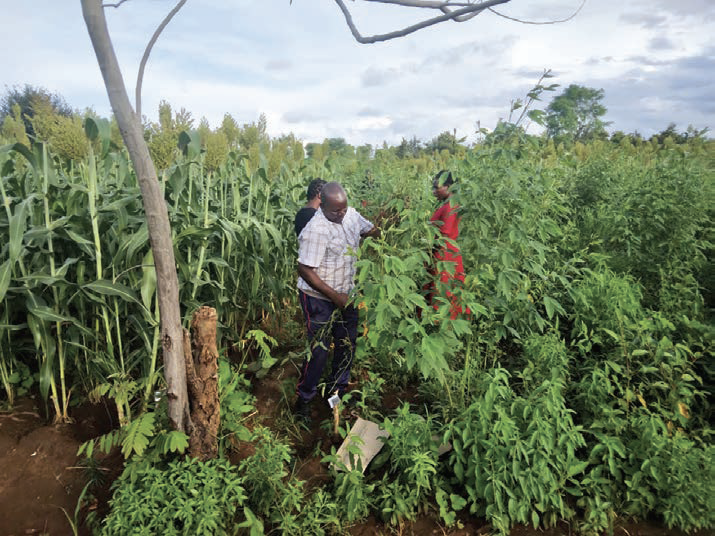
Nitrogen Dynamics under Cowpea–Pigeon Pea Intercropping and Residue Management in Malawi’s Drought Prone Areas
By Charles Harry Nthewa, Keston Njira, Patson Nalivata, Joseph Chimungu, and Austin T. Phiri
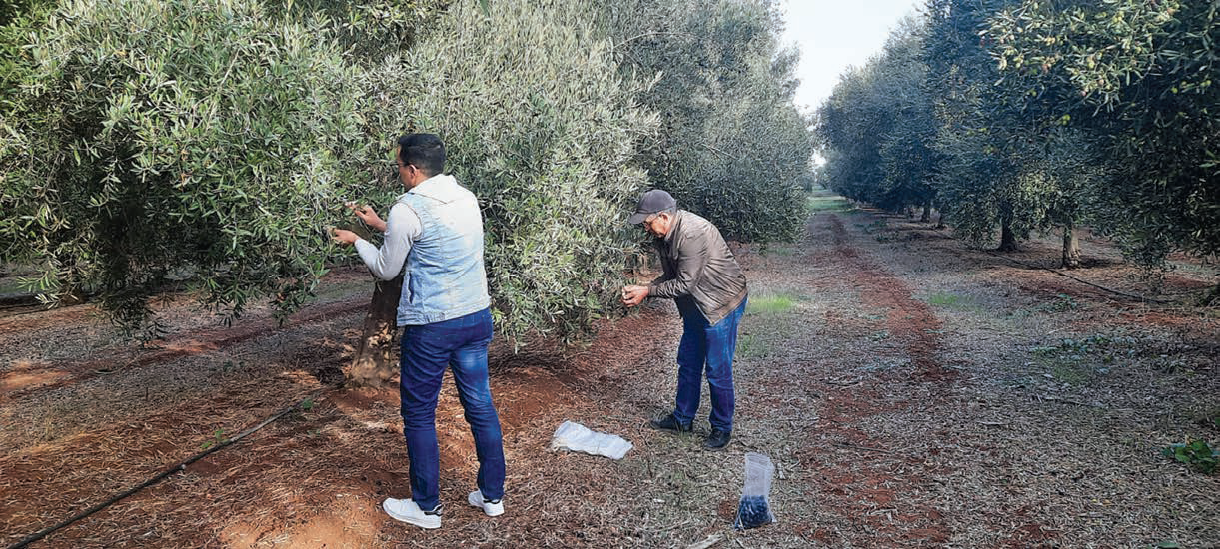
When Less is More: Optimizing Fertilizer Use under Water Deficit to Enhance Olive Tree Productivity and Resilience
By Rachid Razouk, Lahcen Hssaini, Yassine Bouslihim and Hakim Boulal
Precision Nutrient Management
Soil Health for Improved Livelihoods
Editor’s choice

Climate & Weather Smart Plant Nutrition
Share you Photos
Photos tell stories too…
Share your examples of agricultural research development on Instagram using the hashtag #ShareGrowingAfrica
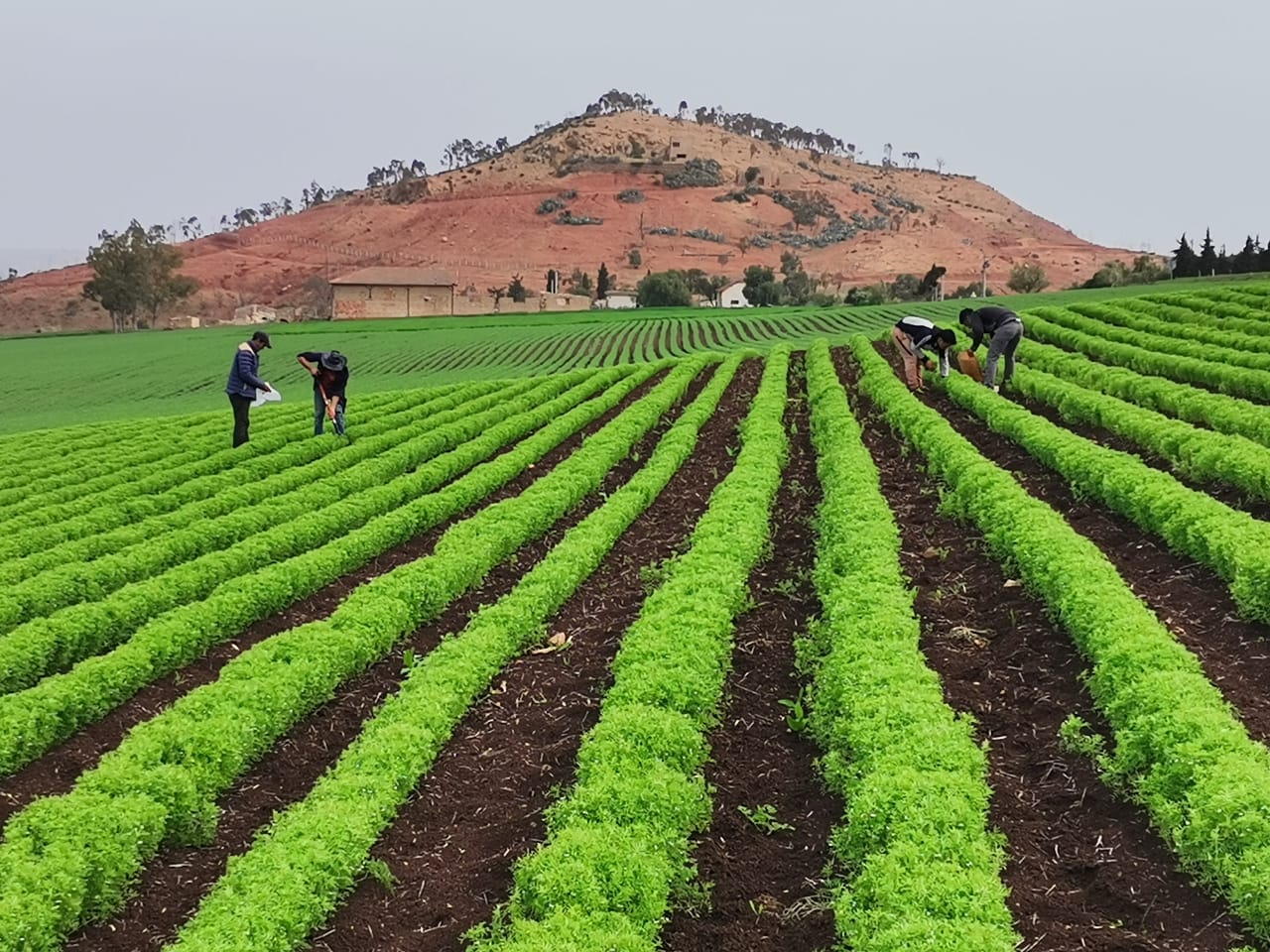
Never Miss an Issue
Subscribe today. It's free!
Growing Africa is released twice a year. Subscribe to get notified of our latest releases and other news.



